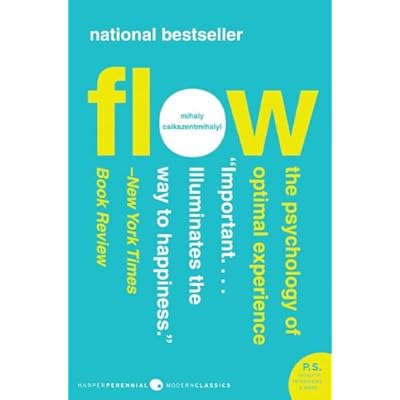 |
| Cognitive Triangle via Ellen's OCD Blog |
Most people would like to feel happy and avoid unpleasant emotions like fear and doubt. But it is almost impossible to control emotions directly. Instead, our feelings and emotions result from our thoughts and actions. Cognitive Behavior Therapy teaches that the best way to change our feelings is to change the way we think about situations.
In his course, Satterfield outlines a number of tools and techniques that can directly affect our thought processes therefore indirectly influencing how we feel. He teaches that it isn't important whether our thoughts are true or false or good or bad. What matters is whether or not they are helpful in moving us toward the change we want to make and the way we want to feel.
How do you want to feel today?
You might also like:
Rainy Days and Mondays
Who Can Tell How Events will be Transformed
No Regrets

